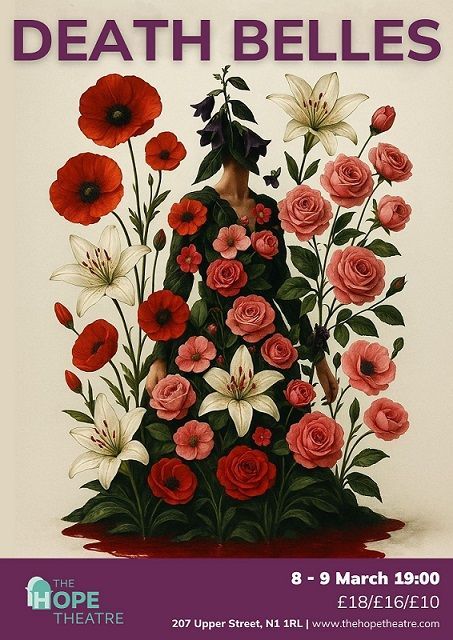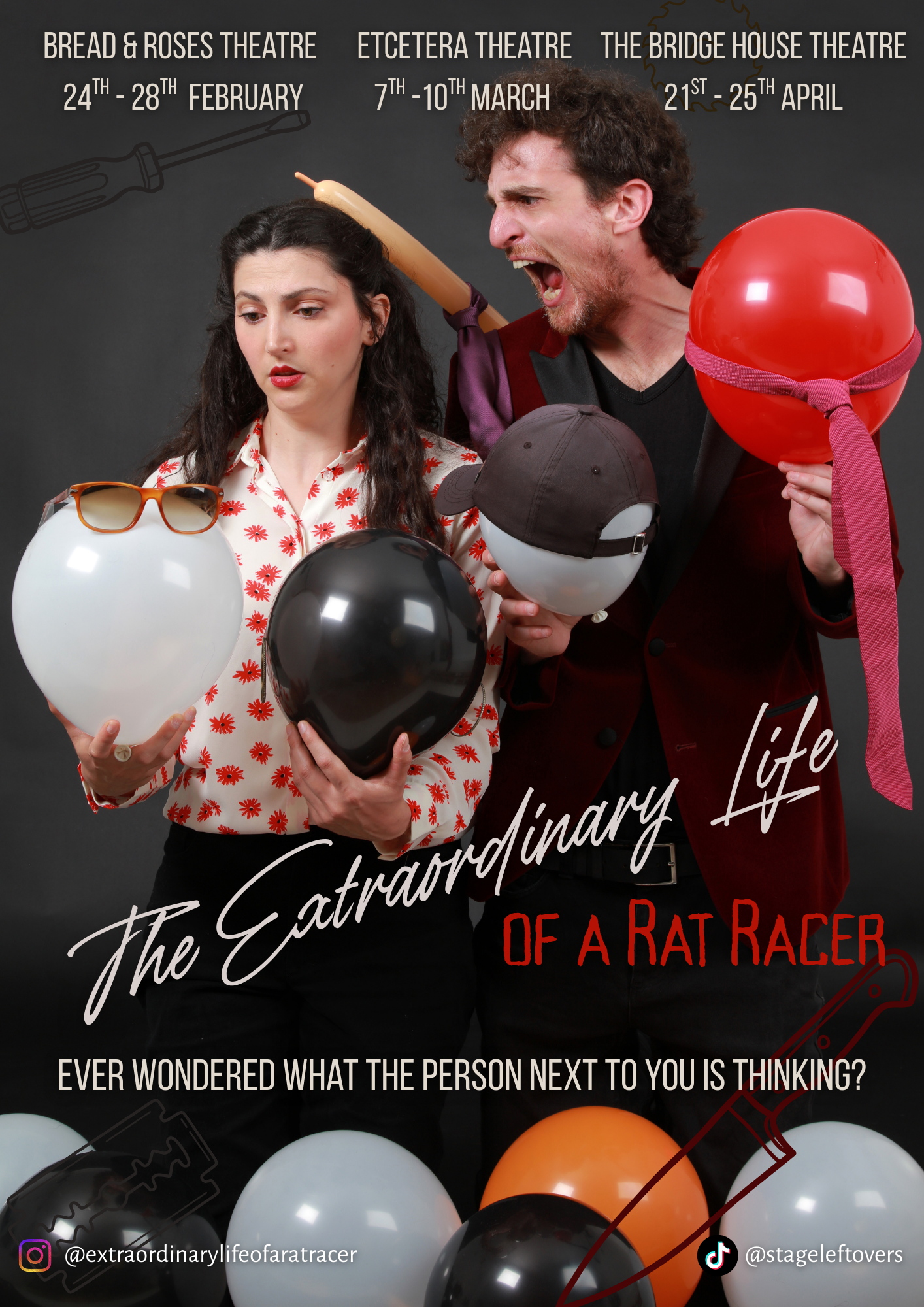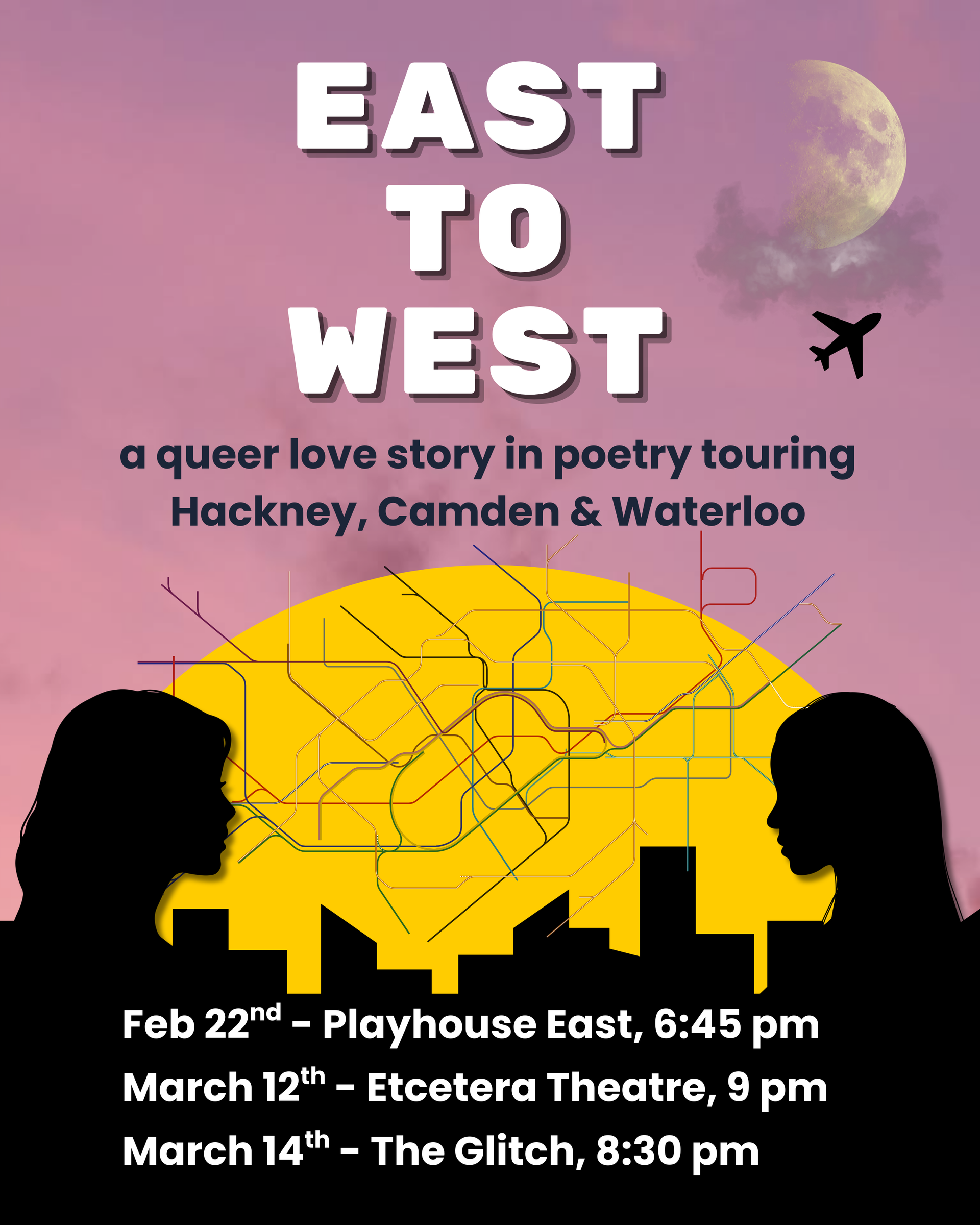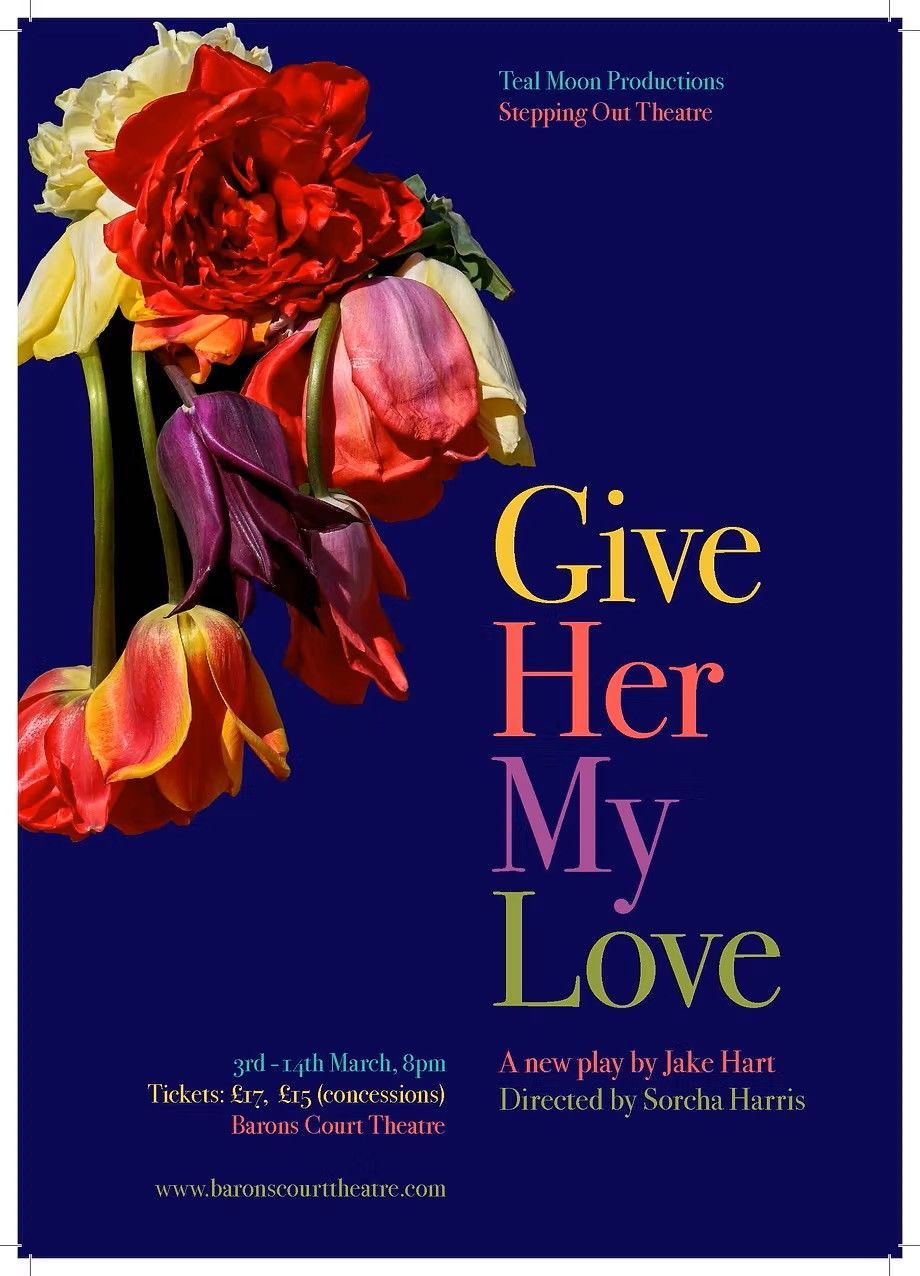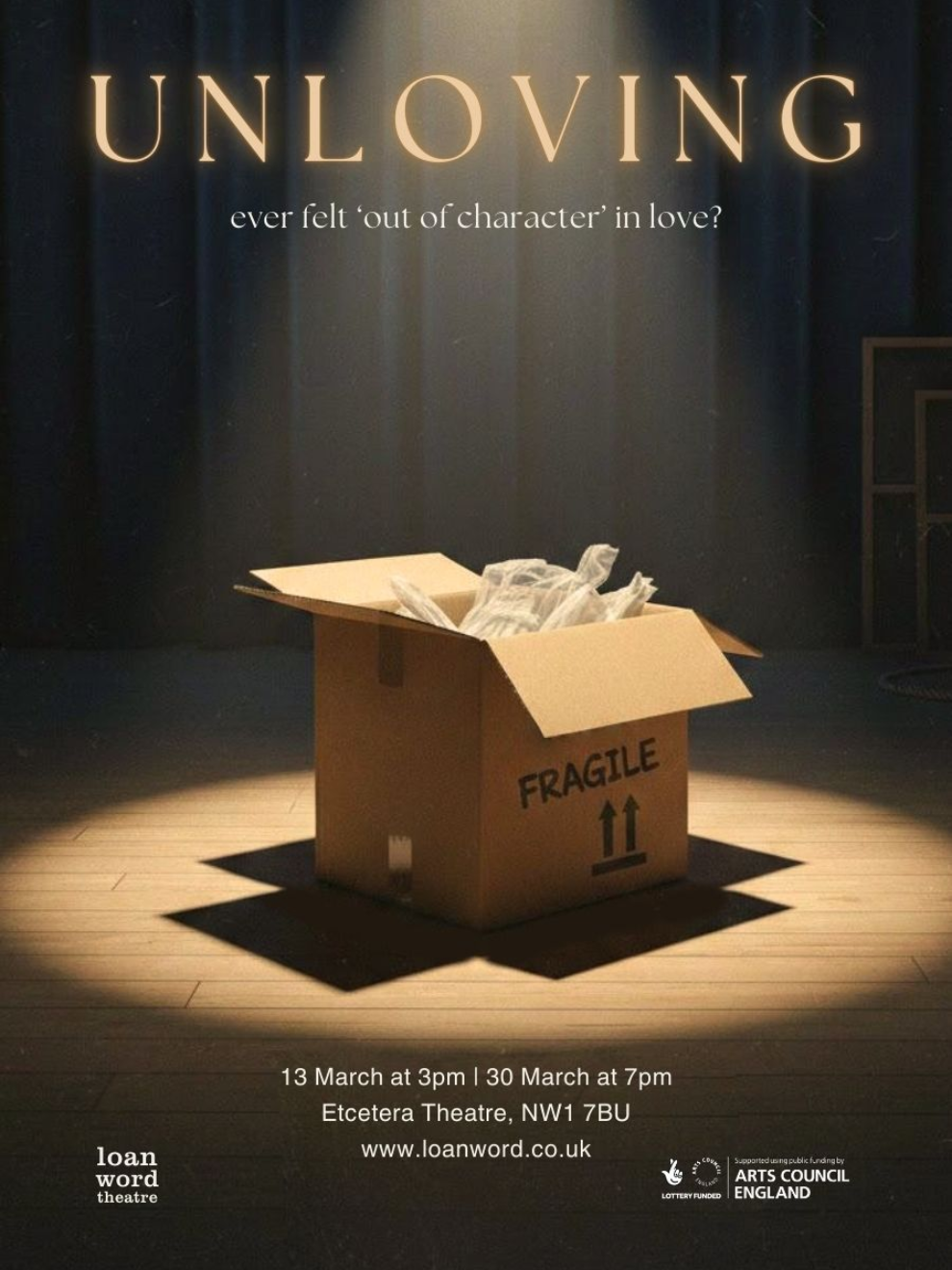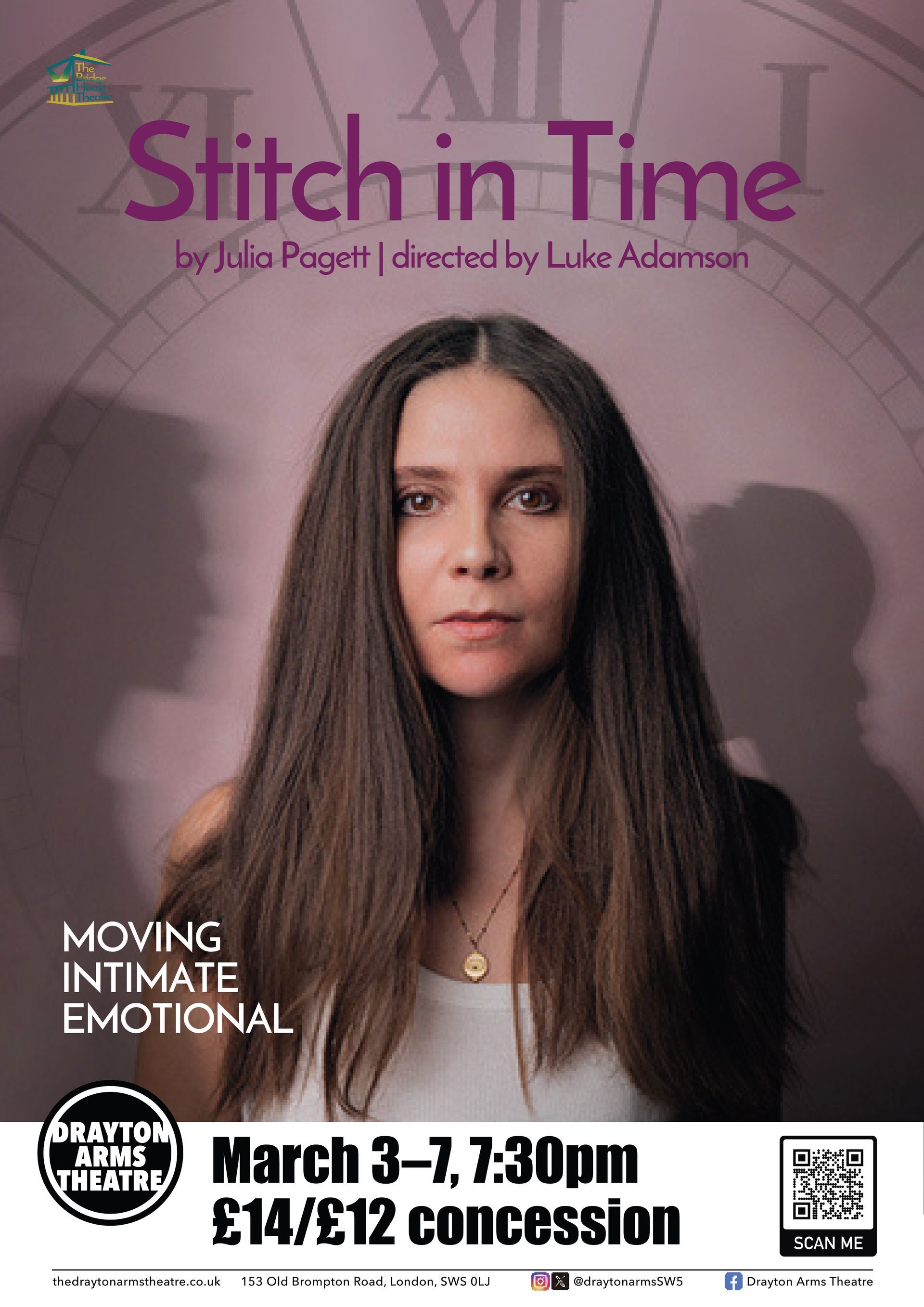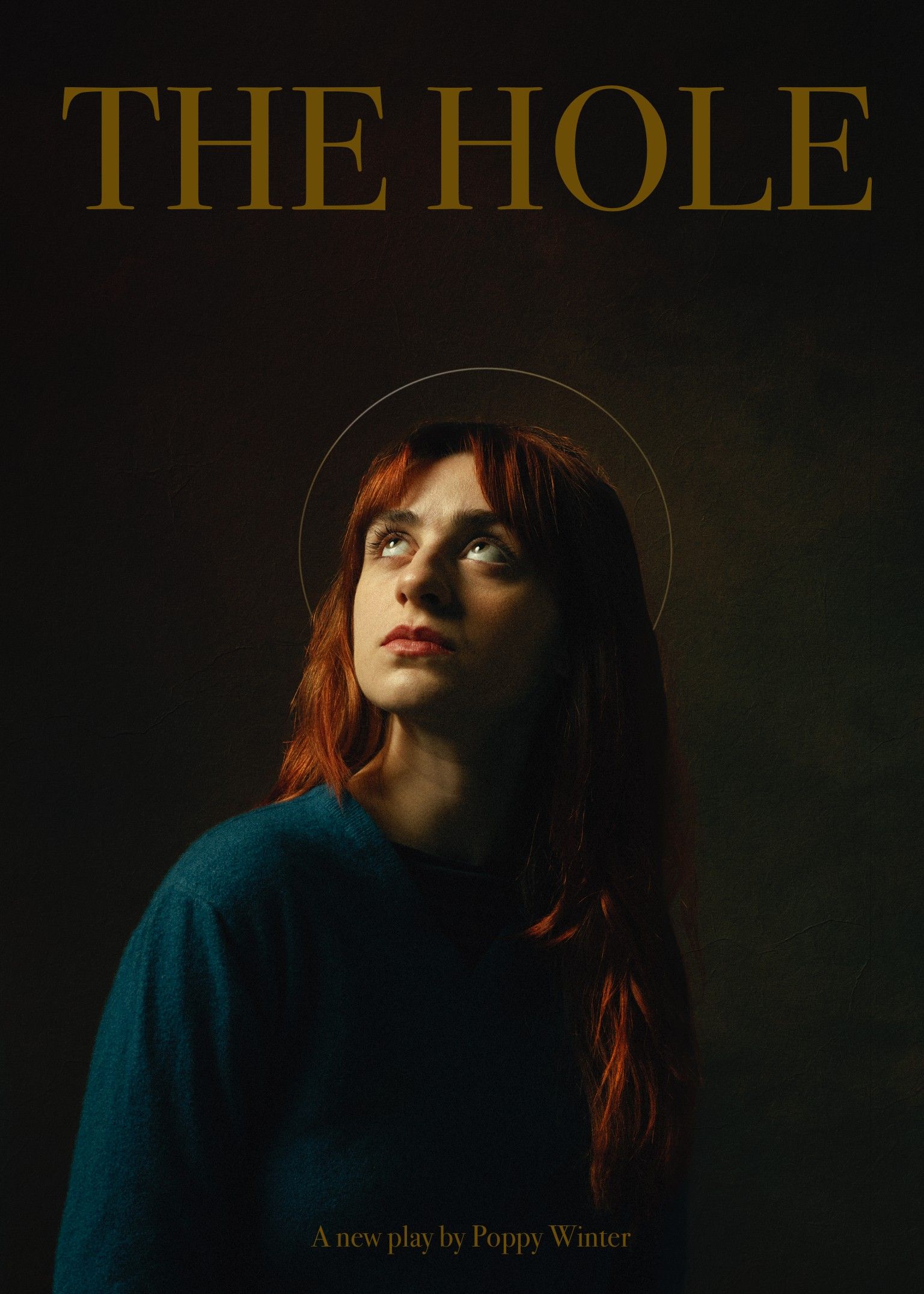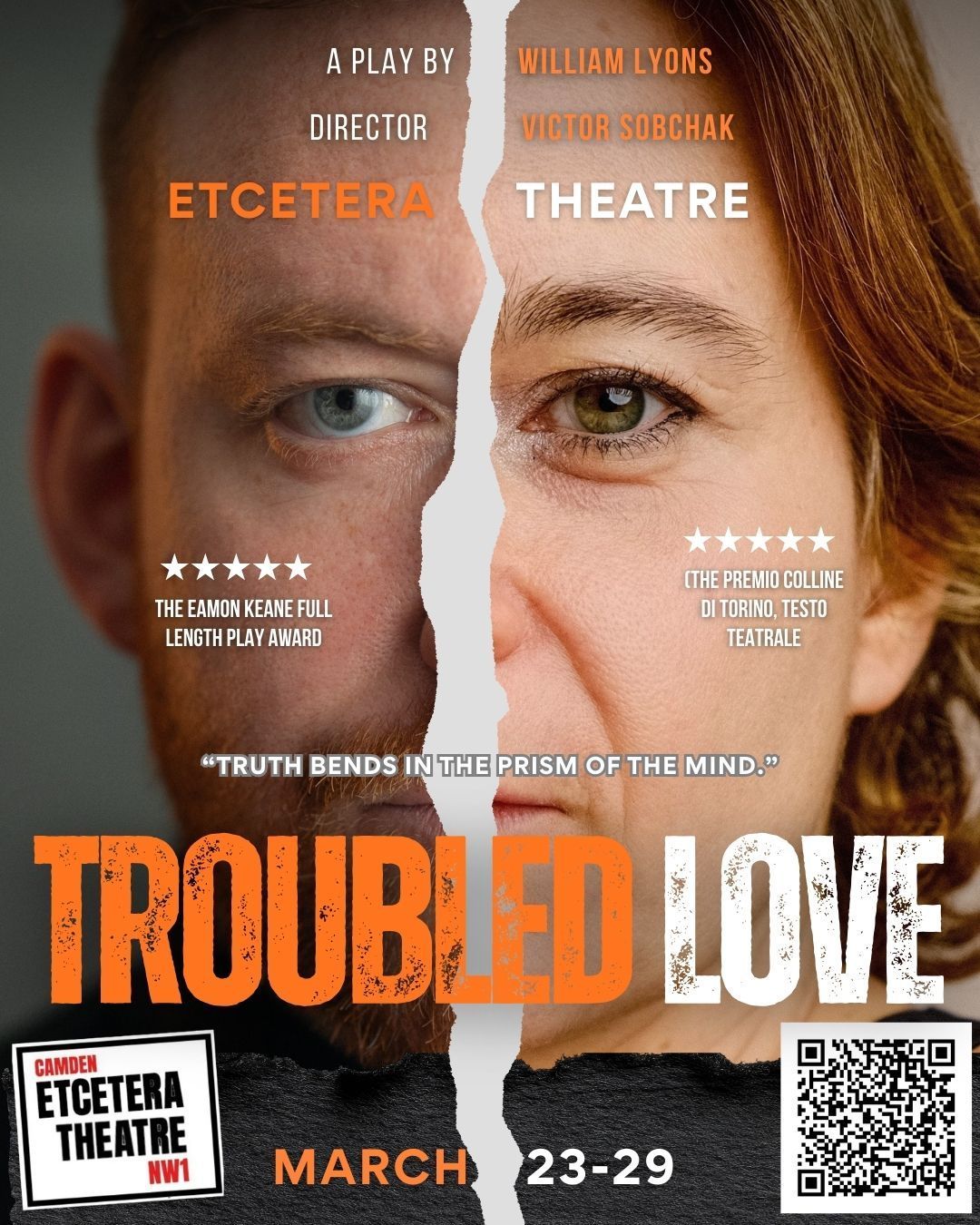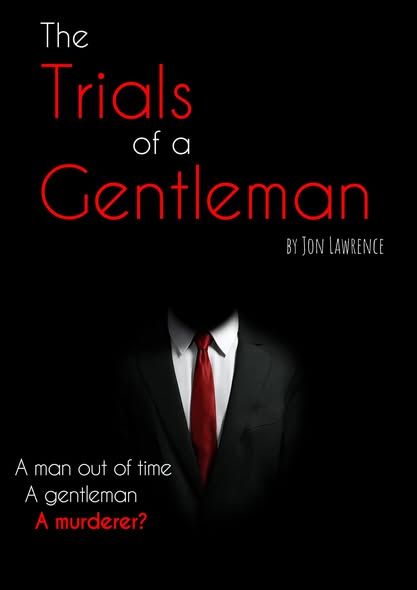WHAT DO WOMEN WANT TO SAY?
Heather Jeffery April 2020
Covering the developments in women’s writing over the last five years, we take a look at what women are saying through their writing, both in story and in themes.
INTRODUCTION
Charting the history of woman in theatre, from the days when they were banned from working in theatre by law, to more recent days, when the battle for fair representation continues. Happily, pub theatres are leading the way along with other off-west-end theatres in encouraging female voices. This is the very place to come and see the future of theatre, with women taking a more active role. Out of twenty London pub theatres (where we regularly review shows), eleven of them are led by female Artistic Directors (and one of them is run jointly with a male Artistic Director), so the gender balance is equal. Some of these theatres are the biggest supporters of women in theatre, giving women the opportunity to bring their experiences to the fore.
But what are these experiences: What is it that female playwrights are bringing to the table?
THE BEGINNING
Most recently we have seen a glut of ‘me too’ plays but this is not anything new to the female agenda. Margaret Cavendish’s THE UNNATURAL TRAGEDY
was written c 1658 but did not receive its premiere until 2018 when director Graham Watts brought it to White Bear Theatre (in Kennington). This cleverly written, and bitingly satirical script is all about the silencing of woman. The female characters suffer incest, rape, and emotional abuse. It also raises issues connected to the powerful Christian church of the day. Preceding Marx by 200 years, it questions whether Biblical doctrine is man-made. If that is the case then only Nature’s laws exist – but what is “unnatural” asks Cavendish.
A truly courageous woman, discussing the powerlessness of woman that needs to be addressed but, until more recent times has not been taken seriously. Samuel Pepys described Margaret Cavendish as “mad, conceited, and ridiculous”. She was certainly a one off, as an aristocrat of the period she had opportunities that other women did not have as the vast majority of them received no formal education. Cavendish’s abilities stretched to science, poetry, philosophy and she also dabbled in science fiction. Her self-publishing has enabled us to know some of the work she produced.
PRESENT DAY
Fast forwarding to the present day, the opportunities are rather different. Winsome Pinnock
is an award-winning playwright, academic and dramaturg born in Islington, North London. Her work has been produced on the British stage and internationally since 1985. She was the first black British female writer to have a play produced by the Royal National Theatre.
Pinnock was one of the speakers at the Off West End Awards 2020, chosen because the Awards fell on the same day as International Women’s Day. Raising the question of why there are so few female playwrights, (just 17 percent in 2010 and inching up slowly) Pinnock suggests it’s because men are “afraid of what women will say” and that women might want to take “revenge”. It was a little tongue in cheek and raised much laughter, but she had a serious point to make. “Women aren’t like that”, she said “we have to listen to what women have to say, we have to learn their language.”
NEW WRITING STORIES AND THEMES
Coming back to the questions of what women have to say, LPT magazine has five years of reviews to scour and come up with some conclusions. Many cover several themes and not all are new subjects to theatre but we are seeing patterns emerging.
Some of the major themes over the last five years in pub theatres are here below divided into suitable headings, for the readers to browse. The first nine are shown below and the others will follow in Part II.
SEXUAL ASSAULT AND TRAUMA/VIOLENCE AGAINST WOMEN/EMPOWERMENT
There have been a great many plays covering these themes. They range from telling stories about consent and sexual harassment through to forced marriage, FGM and sexual abuse. Often, they show women becoming more empowered and give hope for the future.
Whilst many plays are heart breaking in their brutal honesty, others explore the themes using the tool of humour. Holly McFarlane’s play OOPSY DAISY
(Katzpace Theatre November 2019) explores the topic of sexual abuse and power in relationships. Pithy, punchy, and prescient it explores its subjects intelligently and sensitively, managing to do this whilst also being very funny.
Some of the themes in this section are raising awareness of issues, which we might not have heard of in past decades. Gloria Williams’ drama BULLET HOLE
(Etcetera Theatre, August 2017) does just this, exposing the practice of female genital mutilation in a story about changing attitudes in three generations of women.
PIECE OF SILK by Jennie Buckman
(Hope theatre June/July 2016) is inspired by the Arabian Nights and draws on the shocking stories of women survivors of domestic violence and enforced marriage. Lyrical, fierce and heartbreakingly authentic, this mixed media piece focuses on the concept that storytelling is a matter of life and death. This award-winning play evolved out of discussions with female survivors of domestic violence and forced marriage. Buckman’s company Giants collaborated with Southall Black Sisters (SBS), Iranian and Kurdish Women’s Rights Organisation (IKWRO) and artists from Not Shut Up, a collective for ex-prisoners, to inform the story.
UNSUNG
Even today, women are overlooked, and remain unseen. Their achievements are forgotten or usurped. Let alone in past decades and centuries. In THE REGINA MONOLOGUES by Rebecca Russell
and Jenny Wafer
(Bread and Roses Theatre January/February 2019) the six wives of Henry VIII are given a voice. This play has little new to teach us about history but it does have plenty to say about being a woman.
UNSUNG by Lisa Holdsworth
(Kings Head Theatre April 2019) shows how history is haunted by the silent voices of unsung women. BAFTA-nominated television writer Holdsworth’s play highlights the stories of four underrepresented women of exceptional note, Ada Lovelace, Sophia Jex-Blake, Lilian Bader and Andrea Dunbar. Never heard of them? Exactly!
At the other end of the scale, Cara Baldwin’s THE HALF MOON SHANIA
(presented by Burnt Lemon Theatre Company, Bread and Roses, Clapham Fringe festival 2018) steps into the world of an all-female punk band. Their band, The G Stringz, formed by Ketamine-fuelled Kerry on drums (Cara Baldwin), guitarist and bassist bring us into a dirty, sweaty, unapologetic world of women. This is a gig-theatre production that doesn’t just roar, but howls against a world where young women are intimidated by studying Science as much as they are going to the loo at a club. Alone.
WOMEN’S PHYSICAL EXPERIENCE
Arguably, all the plays mentioned in the article are about women’s experience but this section specifically covers those areas explicit to women’s bodies, childbirth, periods, sexual development and awareness. Also, medical conditions relating solely to women.
King’s Head Theatre’s annual PLAYMILL FESTIVAL
ran a WHO RUNS THE WORLD
season of work by female playwrights (2018) which covered several of these themes. Produced by Louisa Davis
it resulted in some really brave plays. Some were based on the writer’s personal experience, giving a searing authenticity to the work in the season.
TUMBLE TUCK
raises the problems of poor body image, written and performed by Sarah Milton
(writer of LUCY LIGHT featured below). She herself had turned to swimming as a therapy for her depression and severe panic disorder. Watching other swimmers triggered her body issues and this inspired her to write Tumble Tuck using fiction to interrogate her experience.
Other plays in the WHO RUNS THE WORLD series highlighted taboo and rarely heard stories. IMMACULATE CORRECTION by Catherine Expósito
(King’s Head Playmill 2018) shows us what life was like growing up in a Catholic school with particular reference to the lack of suitable sex education. BABY BOX written by Laura McGrady, raises the awareness of the much-misunderstood women’s disease endometriosis which results in chronic period pain. A WOMB OF ONE’S OWN by Claire Rammelkamp
highlights little talked about rates of abortion (1-3 women). It tells the story of a young woman experimenting with her sexuality, resulting in an unwanted pregnancy. The honestly of the performances included showing simulated sex and masturbation.
Other plays which brought women’s bodies to the fore, included THE SQUIRREL PLAYS by Mia McCullough
(Theatre503 July 2018) which uses the metaphor of squirrels to discuss the complex issues of abortion and the ethics of the practice. This effective device allows a new perspective on the issue.
HOW I BECAME A DOMINATRIX USING DAMNED LIES AND STATISTICS by T. L. Wiswell
(Etcetera Theatre July/Aug 2018) takes an alternative route to looking at women and ownership of their own bodies. It's a smart, thoughtful comedy about one woman’s decision to change her life through play. Feeling that the spark has gone from her marriage, she enrols both herself and her shy but well-meaning husband Scott on a sex course showing them a whole new world of alternative erotic practices – namely bondage, domination, and sadomasochism.
Other plays cover more topical subjects recently highlighted in the press. LUCY LIGHT written by Sarah Milton
(Theatre N16 September/October 2017) echoes the same concern that actress Angelina Jolie faced. LUCY LIGHT is a beautifully compact two-hander about a friendship overshadowed by death and illness. The girls are best mates and pretty much normal fifteen-year olds, except for one thing, Lucy’s mum is dying of cancer and she is at risk of contracting the disease too. She has a big decision to make; whether to have a double mastectomy, a pre-emptive move to save her from the possibility of suffering a similar fate to her mother.
COMING OF AGE
There are many coming of age plays from the female perspective, focusing on relationships, with other factors ramping up the stakes.
ROUTE by Marie Myrie
(The Hope Theatre July 2018) is a fascinating exploration of a British girl’s experiences of being black in a predominantly white environment. As she sets off to university there is the everyday racism and prejudices she encounters from her peers, the isolation and loss she feels. We follow her journey as she learns to embrace the Jamaican heritage of her parents who came to England as part of the Windrush generation and tries to balance it with her future. Finding her identity as someone with a British voice and black skin.
Lucy Burke’s GLITTER PUNCH (presented by Some Riot Productions at Lion and Unicorn November 2016 and King’s head Theatre) is a gritty, coming-of-age drama about first love. It charts a troubling new relationship … some punches only hurt, whereas others awaken the unknown beauty within.
LITTLE DID I KNOW by Doc Andersen-Bloomfield
(Bread and Roses Theatre Feb 2018) tells the story of Aaneseh, a refugee escaping the civil war in Syria and making it to the Yarls Wood Detention Centre in the UK. Aaneseh recounts her horrendous and sometimes amusing journey as a teen refugee, pretending to be a boy. Along the way she learns about freedom and independence from male ownership. Although the road she travels is anything but safe, ultimately it leads to freedom and a proud womanhood.
MID LIFE CRISIS
It’s not all about young people, older women are also voicing their experiences. Paula David
debunks the myth that a mid-life crisis is the domain of men only. Her play BLOOD, SWEAT, AND VAGINAS
(Bread and Roses Theatre September 2018) is a joyous, heartfelt, and compassionate look at mid-life crisis from the perspective of a black woman trying to make sense of getting older and having fun while doing it.
FEMINISM
It could be argued that all the plays written about in this article are feminist plays but not every play is directly hitting the target. Multi award winning writer and actress Katie Arnstein’s play BICYCLES AND FISH
(King’s Head Theatre 2017 and on tour) scores with her pithy lines, blending stand -up with songs. “I have always loved fairy tales. My favourite film ever was Beauty and the Beast until we learnt about Stockholm Syndrome in PSHE” says Arnstein. Its a funny, uplifting and hard-hitting show, imbued with warmth, charm and a feminist gut punch.
2 BECOME 1 - The 90s Pop Musical by Natasha Granger and Kerrie Thomason
(King's Head theatre April 2017) uses a little nostalgia to highlight issues of inequality. Its exuberance and shouty sparkle belies the fact that it’s actually a very sharp and knowing little play, exploring the themes of female identity, ambition and how little distance we have travelled in the last 20 or 30 years.
HEAR ME HOWL by Lydia Rynne
(Old Red Lion September 2018 and Vault Festival 2019) celebrates freedom and empowerment through a ferociously funny, though slightly unsurprising, monologue. Nevertheless, the play is part of the larger canon of feminist work challenging the status quo that still sees motherhood and womanhood as going hand in hand.
MOTHERHOOD/FAMILIAL RELATIONSHIPS
COCKAMAMY by Louise Coulthard
(Lion and Unicorn 2017/The Hope Theatre June 2018) makes the mundane sparkle. We often talk of theatre in terms of tragedy and comedy, but perhaps the most powerful moments are found in the stark contrast between the two. To bring an audience to a place of laughter whilst embroiled in the most desperate of circumstances accentuates the pain and yet inspires a perverse sense of lightness. The audience are flies on the wall of a cosy front room in the flat shared by Alice and her granddaughter Rosie. Both Alice’s husband and Rosie’s mum have passed away some time ago, so their lives revolve around each other. Based on a true story, Louise Coulthard’s sell-out award-winning debut play is a tender portrayal of what it is to have dementia and care for someone living with the disease.
GOD’S WAITING ROOM by Karen Bartholomew
presented by Motormouse Productions (The King’s Head Theatre July 2017) is poignant, funny and beautifully accurate. A humorous and honest examination of what it’s like to care for a terminally ill parent. Two sisters, Stella and Connie, have different lives, different priorities and very different ways of dealing with their mother’s imminent death from cancer. The problem is that her death has been imminent for 5 years. Stuck in limbo where their lives are on hold, every moment is spent worrying about and caring for their mother. Watching her deteriorate and expecting every day to be her last leaves both sisters emotionally and physically exhausted. How much longer can they go on like this? Is there another solution?
MENTAL HEALTH
This is by far the largest section. It covers many different themes from eating disorders, to post-natal depression, suicidal thoughts to obsessive compulsive disorder and post- traumatic stress disorder. Sometimes delivered as stories and at other times as vignettes and even stand-up comedy. Below, are just a handful of them which might give some idea of the full range of conditions explored.
UMUADA by Justina Kehinde
(King’s Head Theatre July 2018 Playmill festival) is an exploration of mental health, migration and motherhood in the urban African diaspora. This polished and accomplished play is effortlessly authentic, witty and moving in equal measure.
Rosalind Blessed plays THE DELIGHTS OF DOGS AND THE PROBLEMS OF PEOPLE
performed in rep with LULLABIES FOR THE LOST
(Old Red Lion Theatre January/February 2020) features dogs as creatures offering unconditional love without judgement. This contrasts with uncomfortable human relationships that can be a threat to mental well-being. The plays cover a variety of mental health problems. THE DELIGHTS OF DOGS AND THE PROBLEMS OF PEOPLE highlights a story of obsession and domestic violence, whilst LULLABIES FOR THE LOST shows a series of vignettes. In the latter we find ourselves in some kind of purgatory, where a group of people must recount their inner demons again and again until they can finally recognise what needs to change.
CANCEL THE SUNSHINE by Chantelle Dusette
(The Hope Theatre March/April 2016) tells the story of a young woman who is dealing with mental health issues. In this production it becomes genuinely edge of your seat stuff.
OBSESSION by Kate Marston
(Katzpace Theatre June 2018) is a beautiful portrayal of an exceptionally complex disorder. It tells the story of Ivy, a young woman with an Obsessive-Compulsive Disorder and the gradual unravelling of her life alongside the social complexities that are seen to come with the condition. It explores her struggles and her instinctive coping strategies.
CRACKING by Cally Hayes
(King’s Head Theatre March 2020 and on tour) is a stunning two-hander looking at the trauma of postnatal illness that every parent can identify with. Rachel and Sam are having a baby. There can’t be anything better for this loving couple can there? But when Tommy is born Rachel slides into postnatal illness and a bewildered Sam has to try to keep his family unit going.
EXIT NUMBER 8 by Katie Sherrard
(The Kings Head Theatre October 2018) is a lovely comedy about OCD. Katie Sherrard’s writing is full of beautiful observations which, paired with her energetic performance and detailed descriptions ring so true of life in London that it is almost like experiencing it on one’s own skin. A short version is available to listen on BBC https://www.bbc.co.uk/sounds/play/m00036l8
ACCESS
It is a really positive step for pub theatres to engage in stories of accessibility especially given that not all are accessible to wheelchair users.
One play that starts with a beautiful audio description in an innovative move to make theatre more accessible is THE NOISES by Jacqueline Saphra
(Old Red Lion Theatre April 2019) a thriller told from the perspective of a dog. It’s all about words and noises, ideal to be experienced at night and with all the lights switched off.
SCROUNGER by Athena Stevens
(Finborough Theatre Jan/Feb 2020) refuses to pander to the audience and will leave them questioning themselves afterwards. It has some great moments of humour and two cracking performances based on Stevens’ experiences of her disgraceful treatment by an airline, who forcibly removed her from a flight because they said they could not accommodate her wheelchair (yet they had been warned in advance). In removing the wheelchair, worth £30,000, they caused irrevocable damage to that too.
CONCLUSION
The following subjects and the conclusion is available to read now in Part 2
of the series.
DYSTOPIAN and FUTURISM
CLASS, INEQUALITY and GENTRIFICATION
GRIEF and LOSS
HORROR
GENDER and LGBTQ+
BLACK COMEDY
COMEDY
THRILLER
WORK/VOCATION
CONCLUSION
